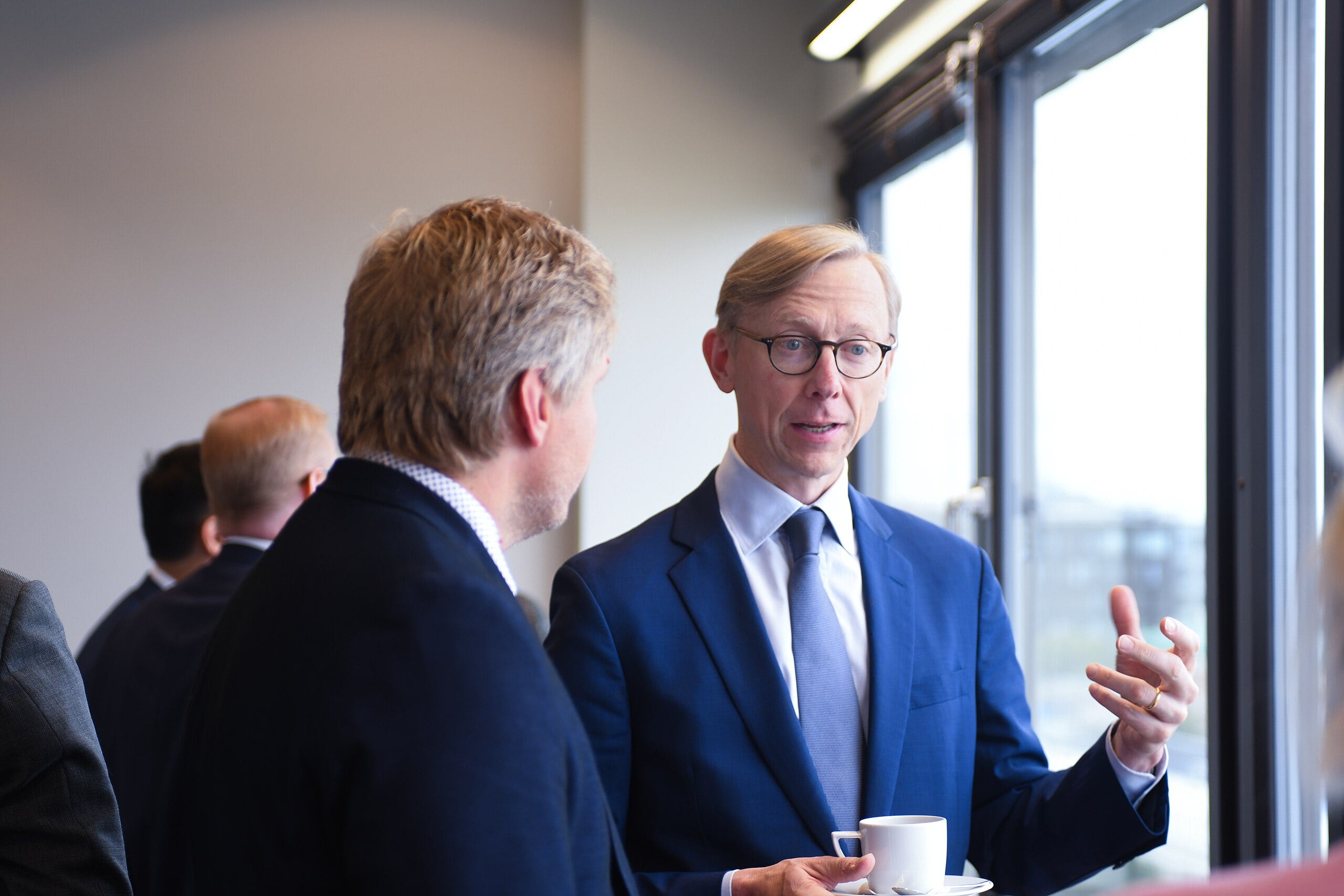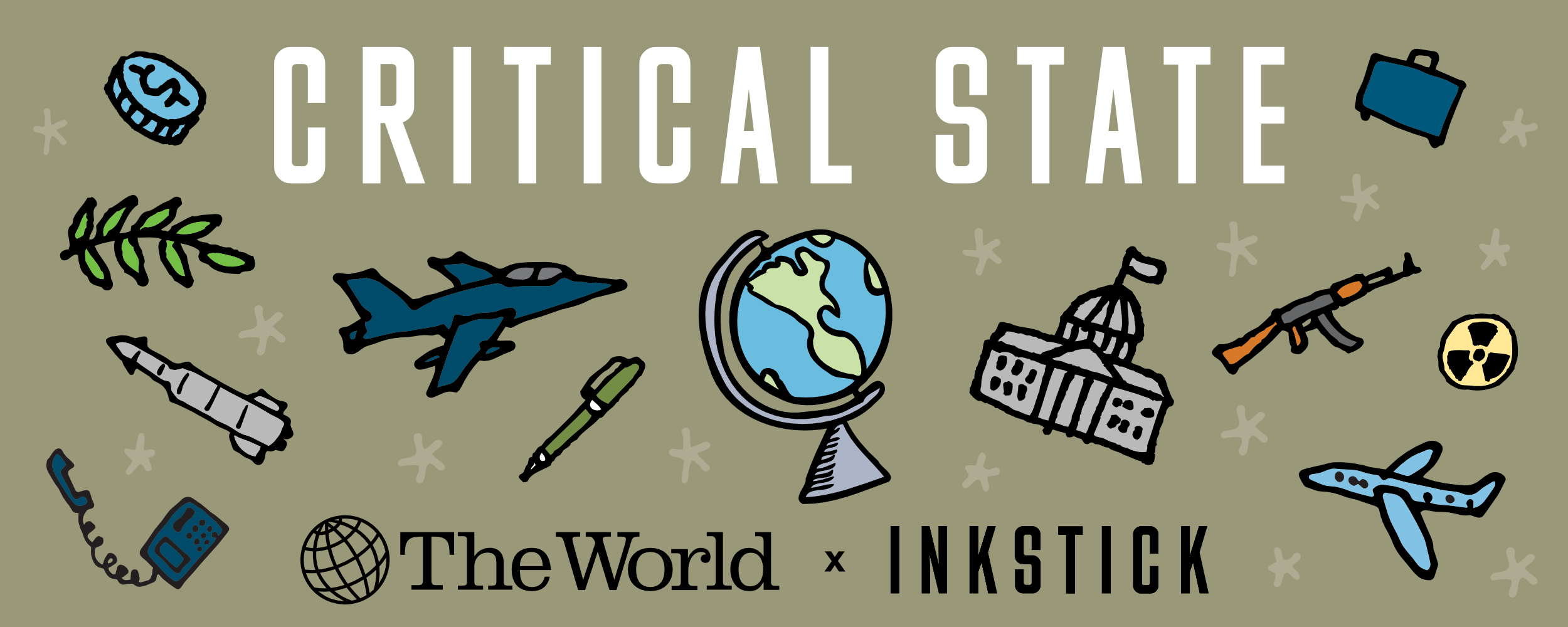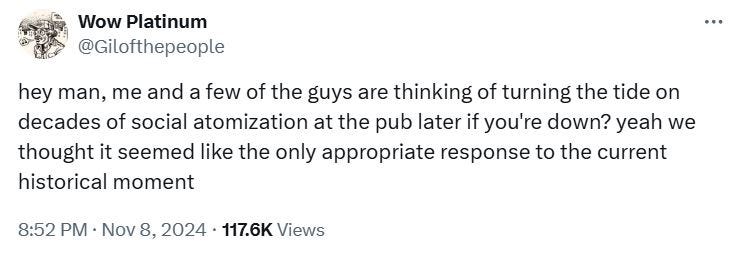|
In Hyphen Online, Saman Javed writes about how extreme heat is making Hajj deadly. As Javed explains, “Hajj is not a single event but a series of rites undertaken across five or six days. In 2024 it was held between 14 and 19 June and drew more than 1.83 million people, including 1.6 million foreign pilgrims from 22 countries. … Anticipating the scorching heat and enormous crowds, Saudi authorities issued warnings on social media and encouraged people to carry umbrellas, stay hydrated, and avoid walking in the middle of the day.”
But climate experts consider these “stopgap measures.” The planet, after all, is only getting warmer. “The UN’s 2024 Emissions Gap Report has warned that the world could warm by 3.1C by the end of the century if action isn’t taken immediately,” Javed reminds readers.
And Saudi Arabia, the site of the annual pilgrimage, is one of the places most vulnerable to climate change, even though its state oil company, Aramco, is one of the three largest contributors to carbon emissions in the world (“According to new analysis by Global Witness shared with Hyphen, Aramco has produced enough oil and gas since 2016 to emit approximately 14bn tons of CO2 emissions”).
If You Read One More Thing: Bad to Worse
In The Nation, Juan Cole writes that under US President Joe Biden, Washington’s Middle East policy was bad — and that it can be expected to get worse when Donald Trump returns to power. “By his insistence on impunity for the government of Prime Minister Benjamin Netanyahu, Biden has left the Middle East in flames and the United States and the world distinctly in peril,” Cole writes.
Cole reminds readers of Trump’s first term: “During his first three years in office, his administration wielded the tools of diplomacy in the Middle East. Donald Trump’s sanctions against the Houthis in Yemen had imperiled the civilian population there by denying them humanitarian aid and gasoline to drive to the market for food.” He also pulled out of the Iran nuclear deal, which Biden did not manage to rejoin or negotiate anew. Additionally, the Trump administration put together the Abraham Accords, normalizing relations between Israel and its Arab neighbors, which the Biden administration tried to extend to Saudi Arabia.
Then came Oct. 7 and Israel’s war on Hamas in Gaza: “In the end, Biden’s unfaltering bear hug of Benjamin Netanyahu ensured that even the last vestiges of the George W. Bush administration’s neoconservative project of reshaping the Middle East to America’s and Israel’s advantage have now gone down the drain. Washington continues to send ever more bombs and sophisticated weaponry to a Middle East in flames and, with Donald Trump set to take office in January, such dangerous arms deals will likely only multiply,” concludes Cole.
Hook, Line, and Sinker
 |
At Drop Site, Murtaza Hussain looks at Brian Hook, whom Trump has reportedly picked to lead his administration’s State Department transition.
Hussain introduces Hook as “a hawkish fixture of the first Donald Trump administration who formerly served under George W. Bush” describing Hook “as a major Iran hawk who helped lead the ‘maximum pressure’ campaign of sanctions, sabotage, and assassinations that characterized Trump’s approach to Tehran.”
Hussain mostly focuses on Iran, writing that, in Trump’s first term, “Hook served as US Special Representative for Iran and advisor to Secretary of State Mike Pompeo during the last two years of Trump’s presidency, which saw the killing of Iranian general Qassem Soleimani and expansion of crushing sanctions intended to spur regime change in Iran,” an approach that, he writes, failed. Of Trump’s second term, he warns, “Hook’s views on Iran may wind up influencing Trump’s approach to the country. While both Trump and Vice President-elect JD Vance have said that war with Iran is not in America’s interest, Hook has pushed forward policies throughout his time in office that increase the likelihood of such an outcome.”
Deep Dive: Norwegian Bureaucrats vs. Everybody Else
In a new paper at West European Politics, Martin Moland uses optimal full matching and data from a 2023 Norwegian survey to compare elite and citizen views of transnational regulatory harmonization. Legal and regulatory harmonization is a tool for international organizations that are trying to set up transnational legal orders. Moland contended that, prior to this study, “we know little about how citizens and elites think about the competing demands from legal harmonization and national political preferences in the national implementation of EU law.”
Norway, though not a member of the European Union, is part of the European Economic Area, an agreement that extends the EU's single market to non-member states.
The survey included over 4,000 Norwegian citizens, nearly 2,000 politicians from all levels of government (though mainly local), and nearly 3,000 civil servants. Mondal recognizes the predominance of local politicians to be a limitation, though he thinks there is much to suggest that politicians from the same party across levels of government have similar preferences.
Moland found differences between citizens and elites, and even between elites.
Citizens are much less likely than bureaucrats to support legal harmonization, Monald found, writing, “while citizens and politicians have similar views of the desirability of legal harmonization, bureaucrats are markedly more positive towards such harmonization than the same citizens.”
Although unelected civil servants view "legal harmonization" much more favorably than citizens, the only meaningful gap in opinion was "between citizens and Eurosceptic politicians."
A cynic might highlight such differences as being attributable to a sort of deep state, but Moland suggests one reason might be varying levels of awareness of legal harmonization.
When it comes to bureaucrats, Moland explained, their attitudes "only differ significantly from those of strongly Eurosceptic politicians," but "bureaucrats with a ministry or legal background hold views of legal harmonization significantly different than those of other civil servants."
“One likely explanation for why Norwegian bureaucrats express greater support for legal harmonization than citizens," Moland writes, "is that they are better able to influence EU policy-making processes than citizens without a direct vote in European elections.”
These findings could be relevant to other full EU member states, Moland notes, but the overlap between citizens and politicians in this particular study may be the result of Norway's specific relation to the EU. Because Norway isn't an EU member, it is not part of the bloc's decision-making processes.
Moland suggests that, for future research, studies should theorize about how the gap between citizens and elites varies for different elites and test how the differences “manifest” in different policy areas.
Show Us the Receipts
Alessandra Bajec wrote on Tunisia’s families of prisoners of conscience. Political detentions and crackdowns on dissent are increasing. Per Bajec, “Ahead of Tunisia’s election in October — which incumbent president Kais Saied won in a race marred by the ban of most opposition parties — there were waves of arrests of political opponents and critics. Now over 170 people are held in Tunisia’s prisons for their perceived opposition, according to Human Rights Watch. Their relatives remain unwavering in their pursuit of justice.”
Daniel Ofman covered how Russia and Ukraine responded to Trump’s victory. For Ukraine and its president, Volodymyr Zelenskiy, the question of how to handle Trump is one of survival. “While congratulating Trump on his election victory, Zelenskiy underlined something that Trump said during his previous term as president about ‘peace through strength.’ For Zelenskiy, that means more US military support to help Ukraine keep up the fight against Russia’s invasion.” Russian personalities, meanwhile, are cautiously optimistic, remembering Trump’s pledge to end the war but not necessarily convinced he’ll follow through. “Even the most bombastic Russian state TV news host, Vladimir Solovyov, was relatively cautious — echoing the Kremlin’s message.”
Matthew Bell looked at the potentially existential threat facing the Armenian Christians of Jerusalem. “Armenian Christians here say their community is currently facing an unprecedented threat. It stems from an ongoing legal dispute over a real estate deal signed three years ago. But this isn’t just a real estate squabble, they say. Members of the small minority community of Armenians, that have lived in Jerusalem for centuries, are fearful about their future in the holy city.” They worry that Christian presence in Jerusalem is in peril if they lose. Bell traced the dispute over the last three years, then added, “There’s an ongoing legal battle in Israeli courts, and the Armenian activists have been trying to attract international attention to their fight to prevent the property deal from going through.”
Well-Played
Cause and effect.
We’re an open book.
Definitely working class experts, assemble.
Accidentally correct.
Hey, man.
Critical State is written by Emily Tamkin with Inkstick Media.
The World is a weekday public radio show and podcast on global issues, news, and insights from PRX and GBH.
With an online magazine and podcast featuring a diversity of expert voices, Inkstick Media is “foreign policy for the rest of us.”
Critical State is made possible in part by the Carnegie Corporation of New York.
You're currently a free subscriber to Inkstick’s Substack. For the full experience, upgrade your subscription.

